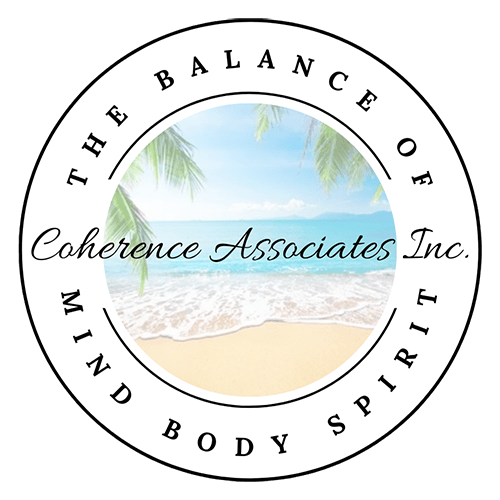Is EMDR Therapy Better Than Other Treatments?
Ask an EMDR clinician this question and its likely you will hear “Yes”, as would happen with almost any clinician who works with a preferred method of therapy. When it comes to EMDR Therapy though, we don’t just have to take the clinician’s word for it, we can look to the research. The research studies on EMDR are numerous, making it one of only a few evidenced-based practices in the field of therapy. When compared to other forms of therapy, it tends to rate as good as or better than other modalities.
EMDR Compared to Exposure Therapy and Cognitive Behavior Therapy
For instance, when compared to Exposure Therapy, which treats Post Traumatic Stress Disorder (PTSD), by exposing clients to the very things that cause them stress and anxiety, EMDR has shown a 77–90% elimination of PTSD diagnoses compared to 55–80% reduction from Exposure Therapy. That’s pretty good, and it gets better. These studies found EMDR to achieve these results faster (i.e. fewer number of therapy sessions) and without the use of homework, which is required in Exposure Therapy.
Studies comparing EMDR and Cognitive Behavior Therapy (CBT), which focuses on the relationship between thoughts and behaviors, have found more mixed results, with EMDR or CBT coming out ahead in outcomes in different studies. In the end analysis though, it seems that EMDR and CBT can achieve similar results, with EMDR requiring fewer sessions to get there, and without the burden of homework.
If you are considering which treatment approach to seek out for your current concerns, it makes sense to figure out which modality you would prefer based on your circumstances. If you would prefer a therapeutic modality that is efficient, requires no extra work on your part, aside from attending therapy sessions, and consistently proves to be effective in study after study, EMDR Therapy could be right for you. And if you are a consumer of therapy already, perhaps doing CBT or Exposure Therapy with a therapist now or in the past, you could try EMDR Therapy and see for yourself. What is your experience like? Did you like the process?
How Much EMDR Therapy Do You Need?
The amount of time needed to find relief and lasting change? Often times, clinicians themselves are a bit skeptical of the research behind EMDR Therapy, perhaps thinking it’s too good to be true, until they experience it themselves. After having their own experience using EMDR Therapy on something from their own lives, they can understand the often-profound transformations that can occur in a relatively short period of time, and often become proponents of the therapy themselves.
Many therapists, who are not EMDR Therapy trained, will refer their current clients to an EMDR Therapist to address a particular roadblock that doesn’t seem to be shifting with other interventions. EMDR Therapy is easily integrated into other treatment methods. This common use of EMDR Therapy is as an adjunct, or additional, therapy that can focus on a person’s historical experience, i.e. there is something identifiable that happened in their past that is not getting worked out in their current therapy.
As mentioned earlier, EMDR Therapy can be beneficial for many concerns, but if you already have a therapist you like, and have developed a good relationship with, you could use EMDR Therapy to focus on just one piece of your experience, and maintain that relationship with your current therapist. This way the client can maintain their positive relationship with their primary counselor, and obtain results from EMDR Therapy. In many of these situations, a collaborative team effort brings greater healing and growth to the client than previously experienced.
Regardless of which therapy modality has been proven by research to work better or faster, the biggest predictor of success in therapy is the relationship between the client and counselor. When you find a good match, you will improve your odds of achieving the goals you set for yourself in therapy, regardless of the therapist’s orientation.
When you pair that with research and evidenced based practice like EMDR Therapy, you can set yourself on a course for successful outcomes in therapy, and by extension, greater improvements in the quality of your life.
If you would like to talk to an EMDR trained clinician, or have more questions, please feel free to call Coherence Associates Inc. at (760) 942–8663 or email us at info@coherenceassociates.com.
Coherence Associates Inc.

